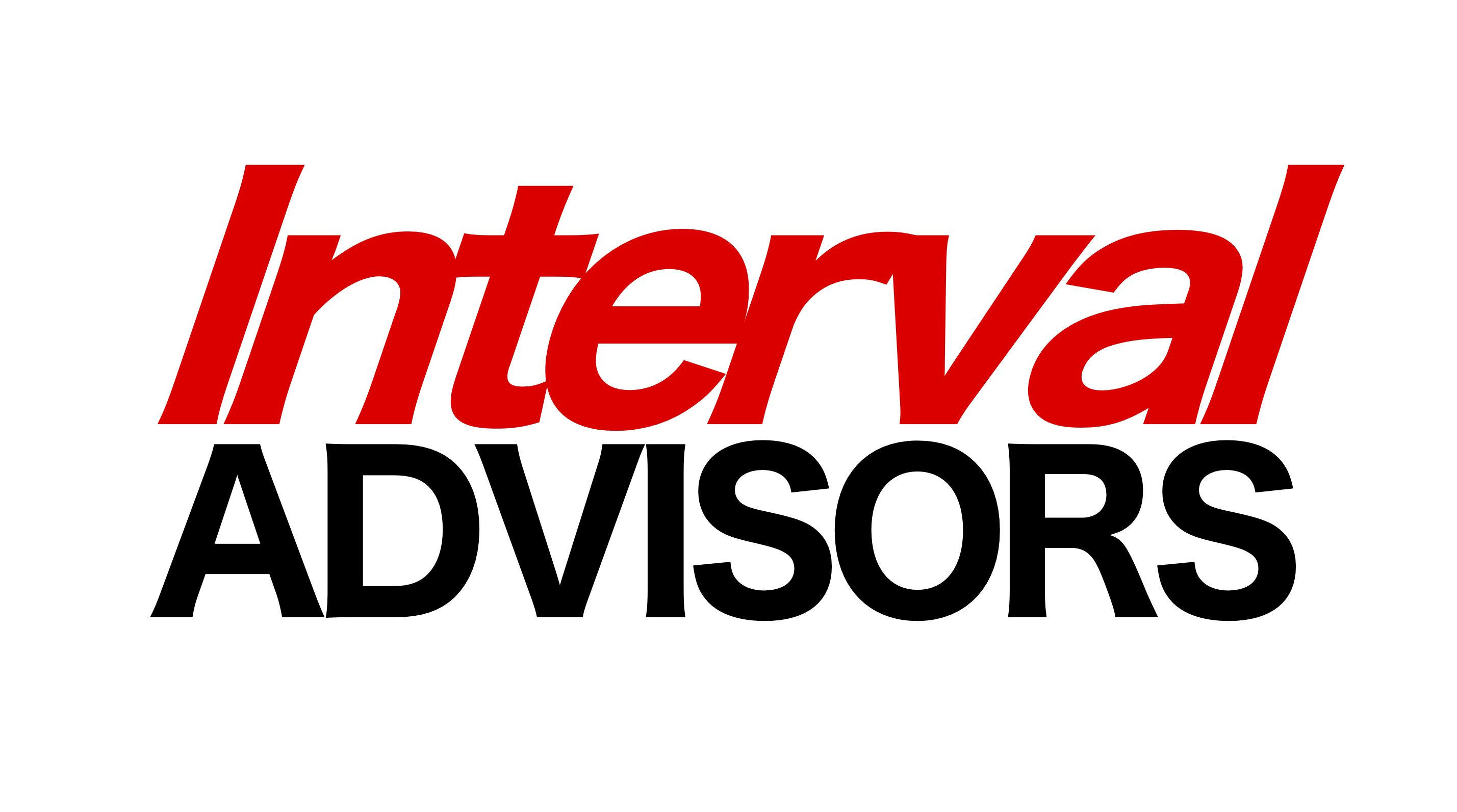
Governance is simple for organizations of a single person. The person decides, then acts. But it becomes more complex as organization scales.
Many founder-led organizations grow without changing the way they make decisions. So they end up getting stuck. Their growth stalls because they are unable to keep up with the market.
Other organizations have a leader whose style favors simple governance. These leaders were successful in the past. But they mistakenly imagine their style made them successful. The organizations they lead regress in maturity and get stuck.
Even if these stuck organizations were magically handed a perfect strategy, they’d soon get stuck again. Because in a dynamic market, no strategy survives very long.
Adapting as the market changes is the key to unlocking growth and value creation. Businesses with better governance run circles around slower competitors.
Better governance is rational
Simple governance is susceptible to all sorts of cognitive biases that get us stuck.
The primitive part of the brain evolved to survive and reproduce. It has no capacity for language or rational thought. It only feels and reacts.
When the primitive brain is in control, its decisions don’t create value beyond mere survival.
Simple governance lacks or ignores feedback. So it’s hard to know when your primitive brain is in control. You need feedback to test your thinking and ensure your decisions are rational.
But not all feedback is good feedback. The people giving you feedback might have their primitive brain in control, too. And and they may not even realize it.
Better governance is self-aware
Being aware of when we’re emotional and reactive leads to better governance.
Emotionally self-aware people bring better ideas and better feedback. They don’t react, instead they respond. And their thoughtful responses are what add value and lead to better decisions.
Self-awareness is a journey and not a destination. Anyone who imagines they have enough of it only demonstrates why they are stuck.
None of us will make better decisions until we acknowledge our blind spot and gain the courage to explore it.
Better governance is empathetic
Self-awareness is necessary but insufficient for better governance. You also need to be aware of and legitimately care about others involved in your decisions.
Because if you don’t care about the people who give you feedback, they know it. And they’ll stop giving feedback. You’ll revert to simple governance and get stuck.
If you don’t care about how your decisions affect your employees, they’ll leave. Usually the best ones are the first to go. Their maturity makes your competitors better while you remain stuck.
And if you don’t care about how your decisions affect your customers, they’ll find a competitor who does. Especially in markets that value customer intimacy more than product leadership or operational excellence.
We can help you cultivate these mature practices
Organizations don’t get unstuck without work. You need to do things differently. That starts with the way you make decisions.
We can guide you as you learn and implement mature practices. Because these are the keys that unlock growth and value creation.
